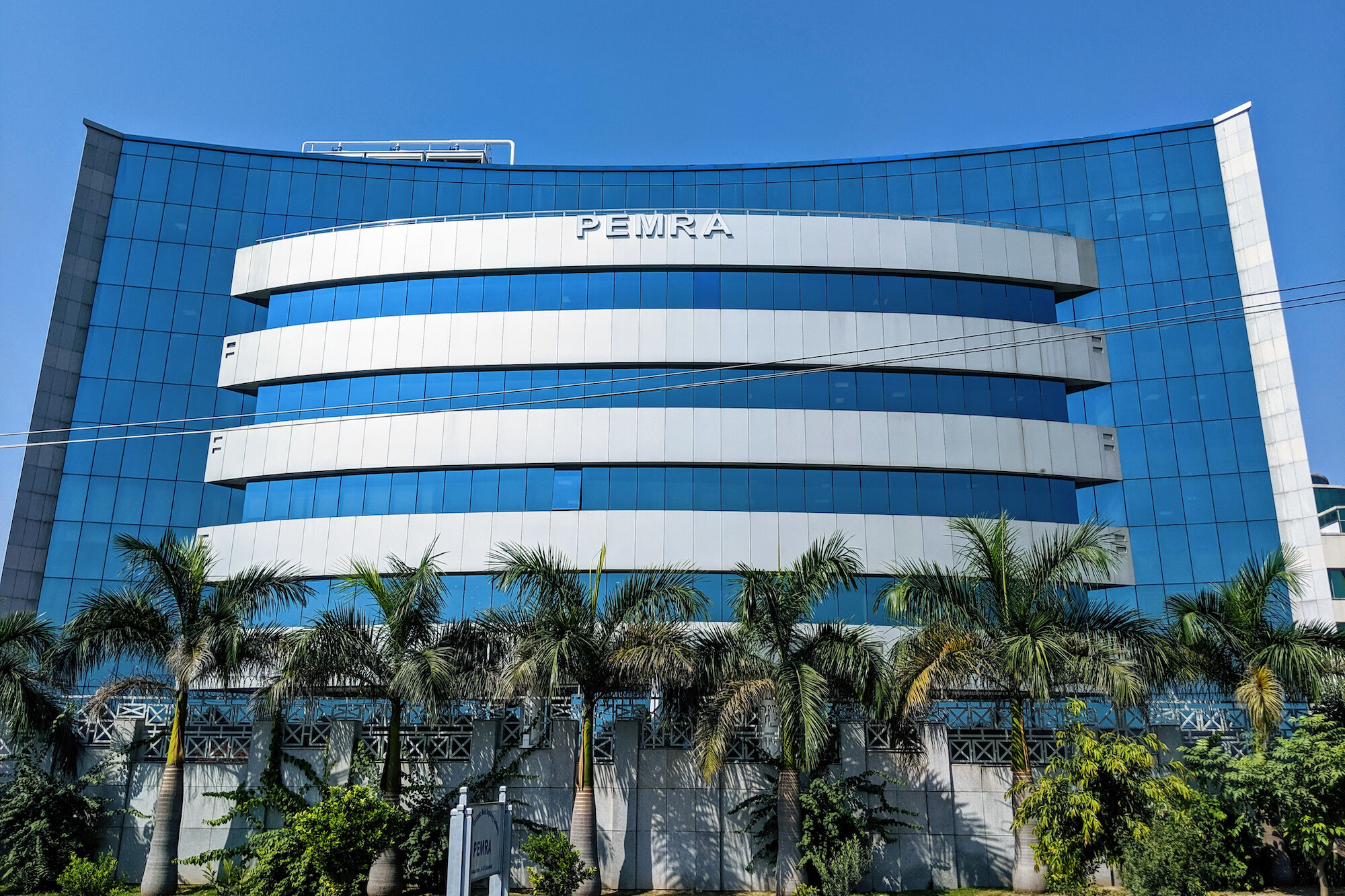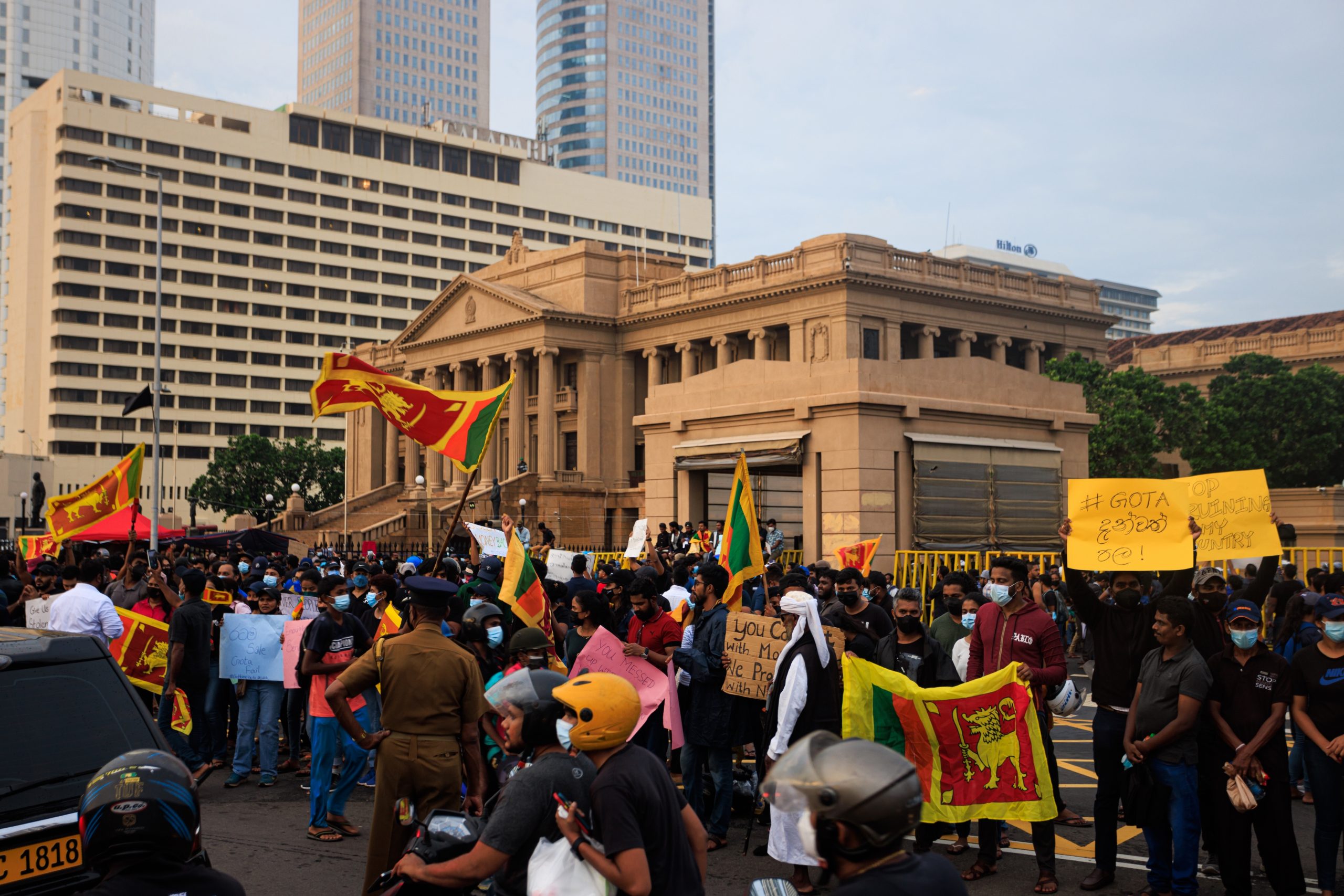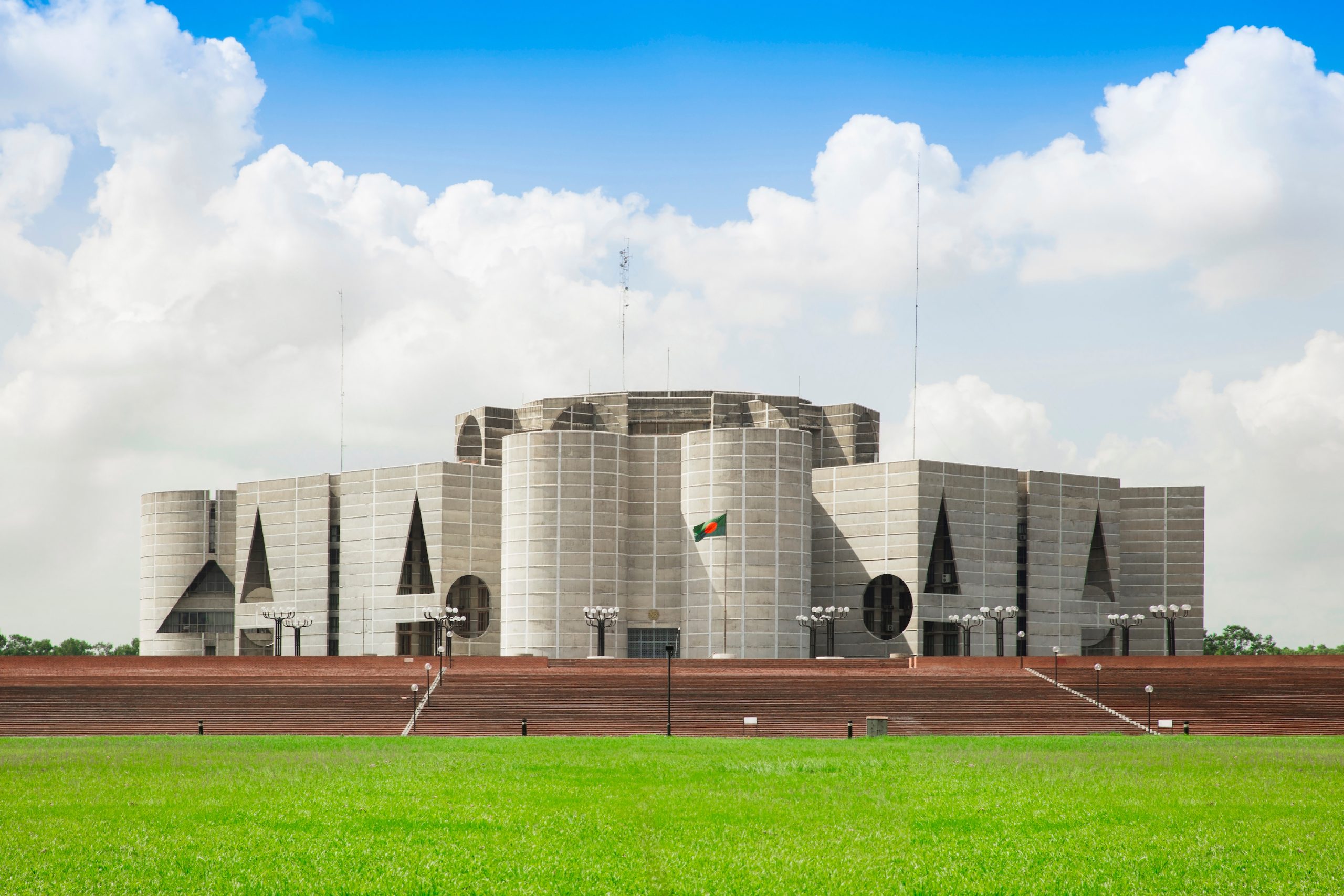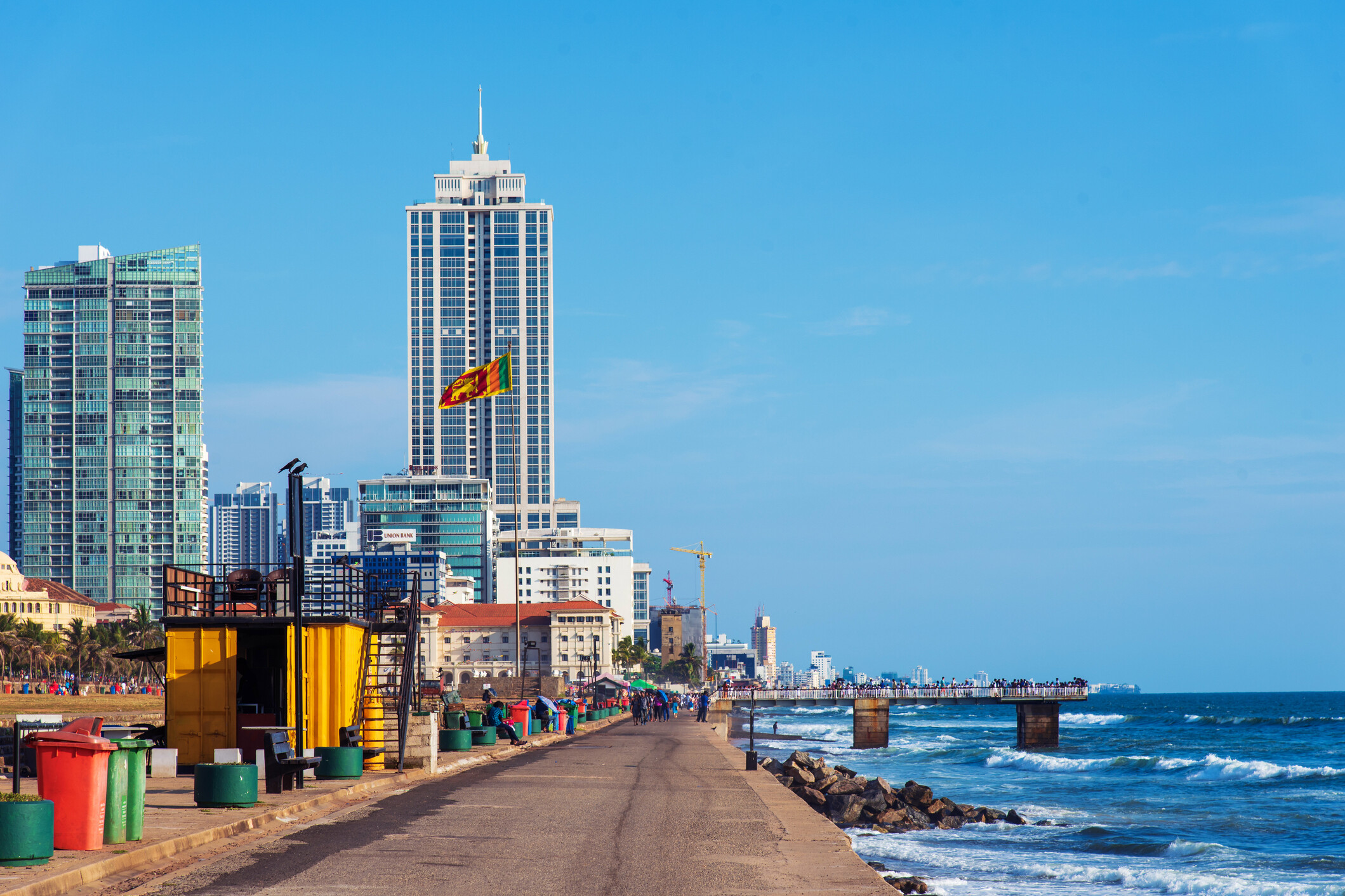Sri Lanka passes controversial law to regulate online content
1st February 2024
Parliamentarians in Sri Lanka have passed a bill that gives broad powers to regulate online content, including on social media. But civil society and media freedom advocates fear it could be an attempt to muzzle free speech.

Sri Lankan lawmakers have passed a bill to regulate online content, but many opposition politicians and media freedom activists have claimed it is an attempt to muzzle free speech.
The bill passed Sri Lanka’s parliament with a majority of 46 votes in the 225-member house. 108 votes were in favour while 62 members voted against it.
The Online Safety Bill proposes jail terms for content that a five-member commission considers illegal. It also makes social media platforms, such as Google, Meta, and X, formerly Twitter, liable for content on their platforms.
The government said the bill is needed to address problems related to online fraud, abuse and false claims that threaten national security and stability.
The public security minister, Tiran Alles, said new laws were needed to deal with offences committed online. Last year, he said, more than 8,000 complaints were filed with police related to sexual abuse, financial scams, cyber harassment, data theft and other online offences.
The bill allows the government to set up a commission with a wide range of powers, including to order people and internet providers to remove online posts deemed “prohibited statements.” It can also legally pursue people who publish such posts.
But media and civil rights groups have said the bill would have a chilling effect on free speech, pointing to several provisions they say would undermine freedom of expression.
The laws would establish an online safety commission with wide-ranging powers to direct users, service providers, and others to “take down content and block access to accounts,” said Article 19, a civil rights watchdog.
The US ambassador in Sri Lanka, Julie Chung, said the United States had concerns about the potential impact of the legislation, and urged “Sri Lanka to prioritize [sic] transparency and ensure any legislation does not stifle the voices of its people.”
When the bill was first announced in October, the IFJ, along with three Sri Lankan affiliates, criticised it as potentially undermining freedom of expression. “The proposed Commission, entirely controlled by the President, is contrary to the self-regulating media system necessary for true press freedom,” it said in a statement.
But the minister, Tiran Alles, defended the intentions.
“It is not to suppress the media or the opposition… Any complaint will be taken up by the commission, who will be appointed by the president and they will decide how to act,” Alles told parliament.
Related Posts
10th June 2022
Bangladesh: Proposed regulations leave press freedom in peril
There are fears proposed legislation…
18th August 2020
Will a new government in Sri Lanka herald further improvements in media freedom?
Sri Lanka's new government and Media…



